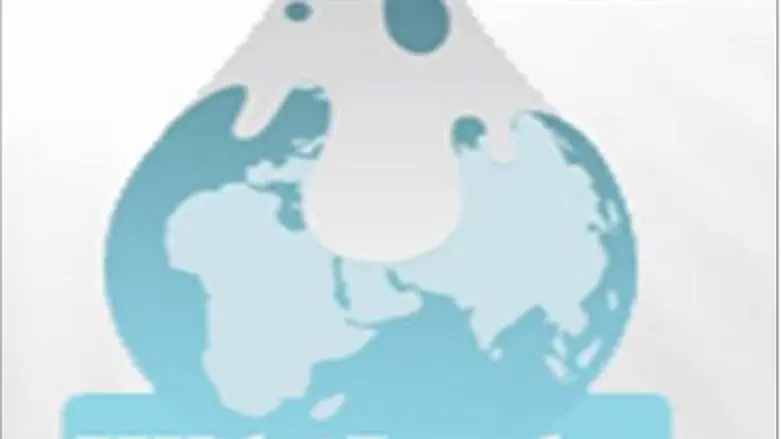
Initial reactions from Israeli officials show that the WikiLeaks revelations were good for Israel and did not damage national security.
“If anything, the leaks were positive and did not damage Israel’s image at all,” former National Security Adviser Giora Eiland told Voice of Israel government radio Sunday morning. “There was no contradiction between what Israel has said in public and in private. Several events happened as Israel said they would,” such as Syria’s building a nuclear site.
Eiland added, “What was said in discretion now is formally known. It is no secret that Prime Minister Binyamin Netanyahu thinks [Iranian President Mahmoud] Ahmadinejad is another Hitler, and it is no secret that the Mossad advises the United States that his regime should be toppled.”
The leaked diplomatic cables mostly disclosed comments by American officials that at worst are unpleasantly embarrassing but not damaging, according to Eiland. U.S. diplomats often described foreign officials in derogatory terms, with French President Nicolas Sarkozy being called the “naked emperor” while he labeled Venezuelan President Hugo Chavez as "crazy" in talks with top U.S. officials.
Eiland added that the United States has a problem with Israel on leaks that come from Israeli governments. “We always have had problems explaining to the United States why there are leaks here,” Eiland said. “American often told us that there is no need to listen to us because everything we have to say already has been published in Israeli newspapers.”
Concerning Iran, he stated, “There is no contradiction between what Israel told the United States and what was leaked.”
He emphasized that there are few secrets in the diplomatic cables exposed by WikiLeaks, pointing out that everyone knows that Saudi Arabia funds Hamas and that Saudi Arabia is worried about the Iranian threat.
The leaked cables are hard evidence that the American and other governments are just as worried about Iran as is Israel and view several Middle East countries with trepidation even more than Israel. The documents also show that Israel is well-respected as a source for the United States.
Deputy Foreign Minister Danny Ayalon said, "There's nothing to get excited about… As someone who knows Israel-US relations from up close, I can say that our joint interests are the basis of the relationship, and not small issues here and there. No document can damage our friendship with the United States."
The only major revelations in the WikiLeaks reports that raised questions about Israel were warnings from Jerusalem that Iran might have a nuclear weapon as early as several years ago. One cable revealed that U.S. officials said Israel’s warnings should be “taken with a grain of salt.”
On the other hand, the leaked cables clearly showed that Egypt consider a nuclear Iran as the world’s biggest threat, with Egyptian President Hosni Mubarak reportedly telling a U.S. official that a nuclear Iran would be the greatest threat since the Cuban missile crisis nearly 50 years ago.
Saudi leaders called Iran "evil," and King Abdullah said the United States should attack Iran to destroy its nuclear program and “cut off the head of the snake.”